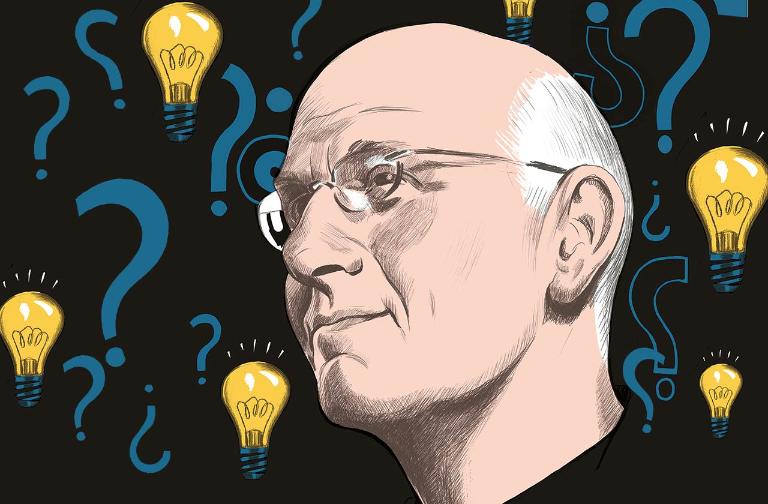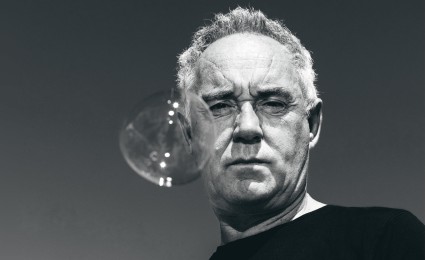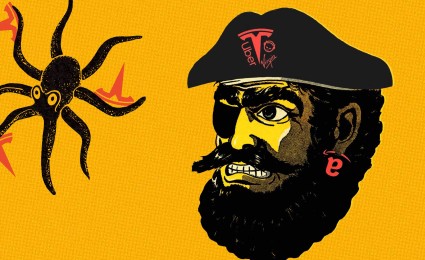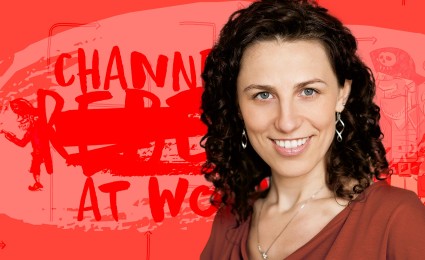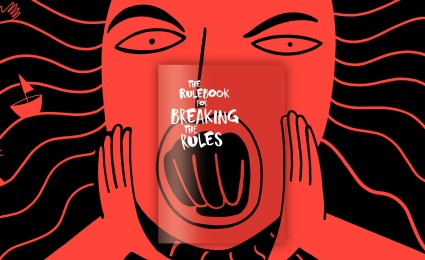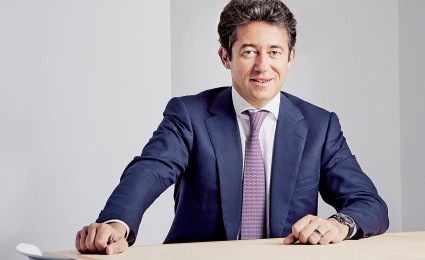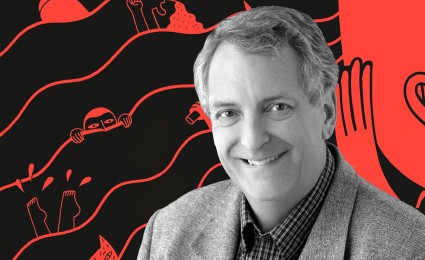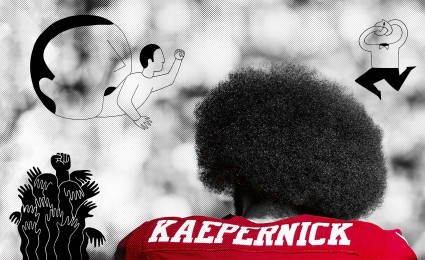Is breaking the rules a crucial skill? We examine how people who have acted against rules significantly shaped the world of business.
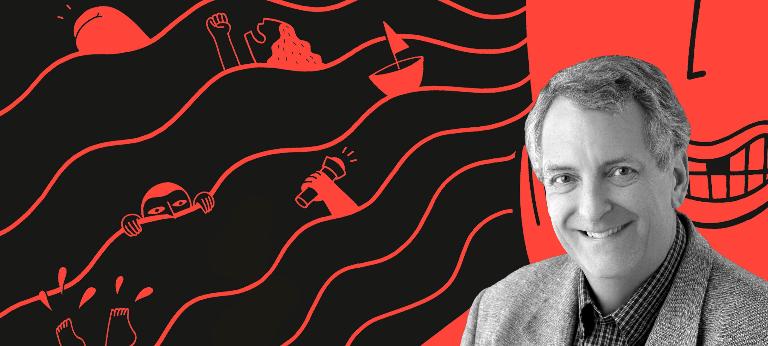

Think:Act magazine "Breaking the rules"
Dave Ulrich on the outside-in view of HR

Think:Act Magazine
Human resources should focus on delivering value outside their companies
Human resources (HR) has traditionally been seen as a support function, working invisibly in the background to make sure the organizational gears are tuned up and working smoothly. Dave Ulrich, a renowned HR scholar and author of seminal works like "The Why of Work, The Leadership Code" and "The HR Value Proposition", firmly believes that HR must adopt an outside-in orientation: that instead of a singular focus on employees, HR needs to be focused on delivering value to stakeholders outside the firm.
In this interview, Ulrich, often acknowledged as the "father of modern HR", elaborates on what he means by this outside-in focus, the evolving role of HR in a changing world, and how our understanding of organizations themselves needs to change.
Think:Act: You say that people matter, but organizations matter more. What drove you to this conclusion and what implications does that have on how we manage people?
Dave Ulrich: We did research that is published in the book "Victory Through Organization". We had data from 32,000 people and 1,200 businesses. We measured the competencies of the HR professionals in these organizations and we measured the capabilities of the organizations. When we did regressions of individual competencies and organization capabilities on an index of six business outcomes, the organization had four times the impact of the individuals. We found similar results in sports teams where the leading scorer is on the team that wins the championship 20% of the time. We think these are fascinating results. Talent clearly matters, but organization matters more to results. Part of the implication for people is to make sure that the people hired are able to collaborate and work well in teams, not just as 'solo-ists'.
A lot of organizations run star talent that is supposed to somehow magically transform the organization. Sometimes that happens, and sometimes it doesn't as star players don’t end up pulling along with their teams. In the new idea that you are proposing in "Victory Through Organization", how do you propose organizations deal with star talent?
Stars are fantastic to have and sometimes star performers can carry the organization. But in the research on “stars”, they find that when stars move as individuals into a new organization, they generally don’t perform as well (see work by Boris Groysberg). Again, in some jobs, stars are critical because individual contribution matters more than teamwork (e.g., sales, teaching, writing, investment services), but in many jobs, teams are more important than individual talent.
In light of your research, is there a need to redefine what we mean by organizations and how we define them?
Yes, we have shown that the image and definition of organization should (and has) evolved:
Stage 1 sees organizations as hierarchies and bureaucracies with rules, roles and routines. The focus is on morphology or shape and levels and spans of control.
Stage 2 sees organizations as connected systems (strategy, structure, rewards, people, process) and the organization aligns these systems to a common focus.
Stage 3 (the present) sees organizations as capabilities, or what the organization is known for and good at doing. For example, Marriott [is known for] service; Disney [for] theme parks and guest experience; Google [for] innovation, etc. When focusing on organization as capabilities, the goal is to identify those capabilities that will add value to customers and investors and embed them in the organization.
HR has traditionally been an internally-focused function. Given the changes in our business environment, does that need to change? How?
Yes, we have seen a shift from HR’s focus on efficiency (cost per hire per employee) to functional excellence (quality of HR practice like training or hiring), to strategic HR (helping to make strategy happen) to outside-in HR. Outside-in focuses on customers, investors, communities and general business conditions. HR investments should help deliver value to the stakeholders and respond to the changing business conditions. HR is not about being the employer of choice, but the employer of choice of employees customers would choose (outside-in). HR develops leaders who give confidence to investors. In this view HR is not about HR, but delivering sustainable value to stakeholders outside the firm.
You say that for HR to really get a seat at the table means that they need to make actual contributions to business results but you also say that you "found that the competencies required to get to the table are different from the competencies required to deliver real business value." How should HR grapple with this issue?
To be an effective HR professional requires an array of competencies. In our research, “effective” has many meanings. Effectiveness may mean being seen as high quality ("On a scale of 0 to 100, how effective is this HR professional?"). In this case, we found that being a “credible activist” led to this outcome. Effectiveness may mean serving customers and investors outside of the organization, which improved when HR professionals were seen as strategic positioners. Or, effectiveness may mean delivering business results, which increased where HR professionals were “paradox navigators.” The goal for HR is not just acquiring a competence, but making sure that the competencies acquired deliver value to others.
Some years ago you wrote a book titled "The Why of Work" which talked of the need for employees to find a sense of meaning and purpose in what they do. This seems even more important today. How, to your mind, can organizations instill a sense of purpose and make work meaningful? Have you come across any companies that do a good job in this regard?
We have evolved our insights in "The Why of Work" where we identified seven factors that drove meaning. Now, we like to talk about three ways organizations can help employees increase their well-being:
1. Believe: When employees’ personal values match with the organization values, they find more meaning at work.
2. Become: When employees have opportunities to learn and grow and create a growth mindset at work, they have higher well-being.
3. Belong: When employees feel part of a community and connected to each other, they increase sentiment.
Believe, become, belong are three ways to help employees better connect in their organization.
How do you see HR evolving in the future given the changes we are seeing with regard to things like technology, globalization, demographics, etc., and also the acceleration in the pace of business?
HR has to continue to deliver value to employees inside and customers, investors and communities outside. The outside-in logic leads HR to create internal organization capabilities (like agility, customer-centricity, information, culture) that match external conditions. The outside-in logic also encourages HR to source and develop leaders and employees who have the competencies of anticipating and responding to change. When HR delivers value to key stakeholders through talent, leadership and organization, they are fully engaged in helping the business succeed.
This interview is an online exclusive.

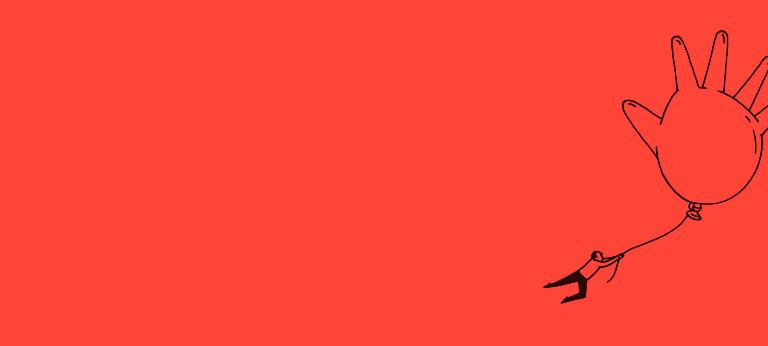
Breaking the rules
![{[downloads[language].preview]}](https://www.rolandberger.com/publications/publication_image/Think_Act_Magazine_Breaking_the_rules_Cover_download_preview.jpg)
Is breaking the rules a crucial skill? We examine how the people who have made their own rules also significantly shaped the world of business.
Curious about the contents of our newest Think:Act magazine? Receive your very own copy by signing up now! Subscribe here to receive our Think:Act magazine and the latest news from Roland Berger.



